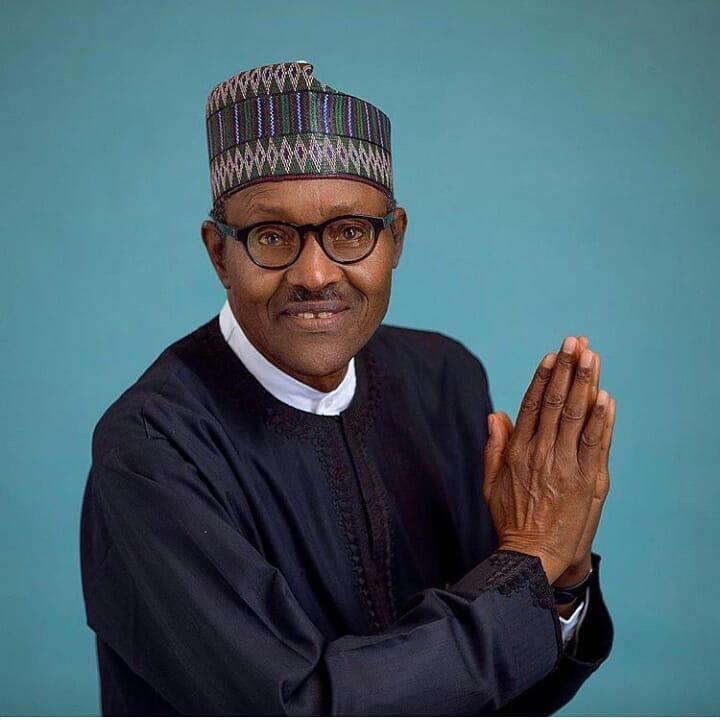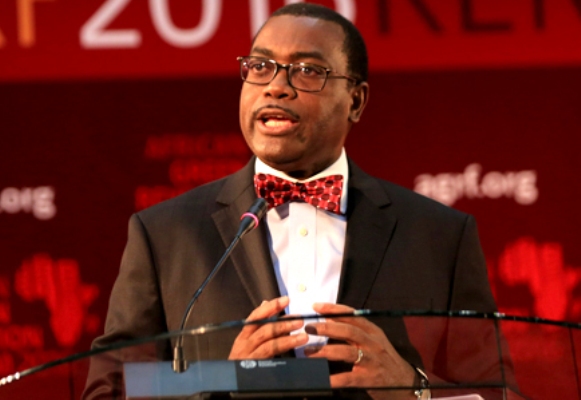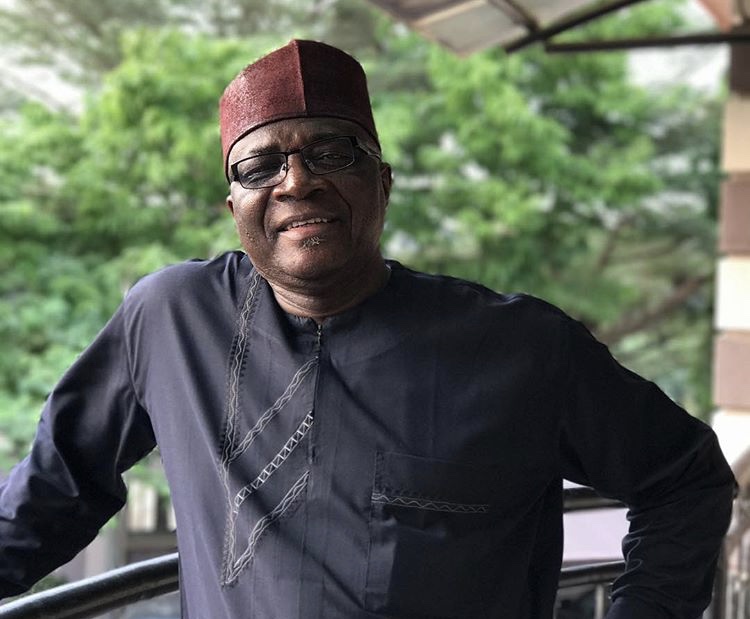
At the High Level meeting of the African Union Peace and Security Council on the State of Peace and Security in Africa at the 33rd AU Summit, President Muhammadu Buhari in Addis Ababa commended the renewed vigour by ECOWAS member countries to mobilise their own resources to combat terrorism.
Malam Garba Shehu, a presidential spokesman in a statement in Abuja on Sunday, quoted Buhari calling for new strategies by the Union to effectively prevent, manage and resolve conflicts in the face of new circumstances and emerging challenges.
According to the Nigerian leader, Nigeria has fulfilled its financial obligations to the AU Peace Fund up to 2019, pledging to continue investing on peace and security on the continent.
On ECOWAS matters, Buhari declared that Nigeria is proud to continue to serve as a strong contributor to the peace roles played by the regional bloc.
”In Burkina Faso, we (ECOWAS) pledged to mobilize one billion US dollars to address the challenges of insecurity in our region and the Sahel. In Guinea Bissau, ECOWAS successfully midwifed the general elections.
”Nigeria along with ECOWAS member states led in the restoration of democracy and peace in the Gambia,” he said.
The President welcomed the collaborative leadership of the AU with other Regional Economic Communities in resolving conflicts on the continent.
On security challenges in Africa, the Nigerian Leader said it was regrettable that terrorism, violent extremism and other forms of vicious conflicts had continued to cause mayhem and untold crisis on the continent.
”Nigeria condemns, in the strongest terms, the perpetrators of terrorism in Libya, the Sahel, Lake Chad Basin, and parts of the Horn of Africa.
”We reiterate that efforts must continue to be pooled to mitigate this dreadful violence and secure the future of our continent,” he said.
The Nigerian leader, who also spoke on new strategies to resolve conflicts on the continent, said: ”The AU must strengthen its own capacity for mediation and develop an effective intervention roadmap.”
He added that more emphasis should be placed on promoting national dialogue, reconciliation and social cohesion in order to rally all actors toward sustainable peace.
On the Peace Fund, the President reminded the meeting that drawing from the Kigali and Johannesburg Assembly Decisions, the fund had been structured for the internal peace support arrangements within the continent and not as resources to subsidize the mandate of the UN Security Council.
”In this regard, my delegation will always fervently contest attempts to make Africa subsidize the primary responsibility of the UN as clearly provided in it Charter,” he said.
Buhari also welcomed the decision of the AU Peace and Security Council (AUPSC) to adopt the regional stabilization strategy for the Lake Chad Basin and the renewal of mandates of the Multi National Joint Task Force (MNJTF) and the G5 Sahel Joint Force.
He told the meeting that Nigeria was very encouraged by the resolution of the continent’s standing decision-making body for conflict prevention, management and resolution on the Lake Chad Basin.
”We are hopeful that the Inter Water Basin Transfer Initiative for the recharging of the Lake Chad will address some of the drivers of terrorism, particularly the impact of climate change and inter-communal clashes over access to natural resources,’’
Dr Akinwumi Adesina, the President of African Development Bank (AfDB), who clocked 60 on February 8, 2020, also expressed concern on the rising cases of stunted children caused by malnutrition on the continent of Africa.
Adesina reacted on the development of malnutrition on the continent at the African Leaders for Nutrition High-Level Dinner for Heads of State at Addisa Ababa.
In a speech he presented, Adesina explained that Africa was the only continent where the number of stunted children had increased over the last two decades.
He said the stunted children in Africa had increased to 58.5 million in 2018, from 50.3 million at the turn of the century.
According to him, the 39 per cent of the world’s stunted children and 28 per cent of the world’s wasted children are in Africa.
“They are prone to inhibited intellectual and physical growth, and sometimes even premature death. These are not just statistics. These are people. Our children.
“Like I have always said, stunted children in Africa today means stunted economies tomorrow. We know that a loss in adult height by just one per cent due to childhood stunting can lead to a 1.4 per cent loss in economic productivity.
“We cannot, and we will not, accept this. We must turn the tide. And to turn the tide, you need Leaders. And you, present here today, are the Leaders.
“In my culture, there is a saying elders can’t be in the market place and observe a baby’s neck slump over their mother’s back.
“You, our Heads of State and other leaders present here today, are our elders. We are in a market place where the heads of babies are slumping. As elders, we can’t let this happen.
“We need you, the elders, to turn the tide” he stated.
Adesina said it was because of this development, the bank set up the African Leaders for Nutrition (ALN) where it brought together Heads of State, Finance Ministers and other eminent leaders.

He added that the aim of bringing these leaders together was to raise awareness, ensure accountability, and reinforce investment by African governments to end malnutrition among children.
According to him, alot has been achieved since it kicked off at the 30th Ordinary Session of the Assembly of the Heads of State and Government of the African Union held in Addis Ababa, in February 2019.
“We inaugurated the Continental Nutrition Accountability Scorecard at the African Union Summit in February 2019. We provided Heads of State with a snapshot of progress and areas where action is needed to meet the agreed nutrition goals.
“And Data which enables us to maintain the good, and improve where we can do better. As the late Kofi Annan once said ‘If you can’t see it, you can’t solve it.’
“The bank will continue to work with all of you to design and implement investments to eradicate malnutrition in all its forms, and promote safe, affordable, accessible and healthier diets.
“That is why the AfDB also inaugurated the Technologies for African Agricultural Transformation (TAAT) to help scale up Africa’s agricultural productivity by delivering high yielding and nutritious seed varieties such as water efficient maize, orange fleshed sweet potatoes and high iron beans” he added.














